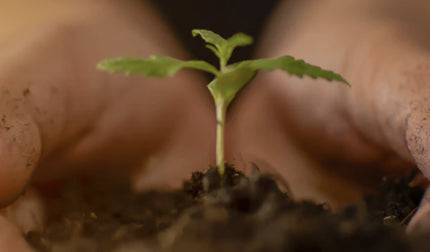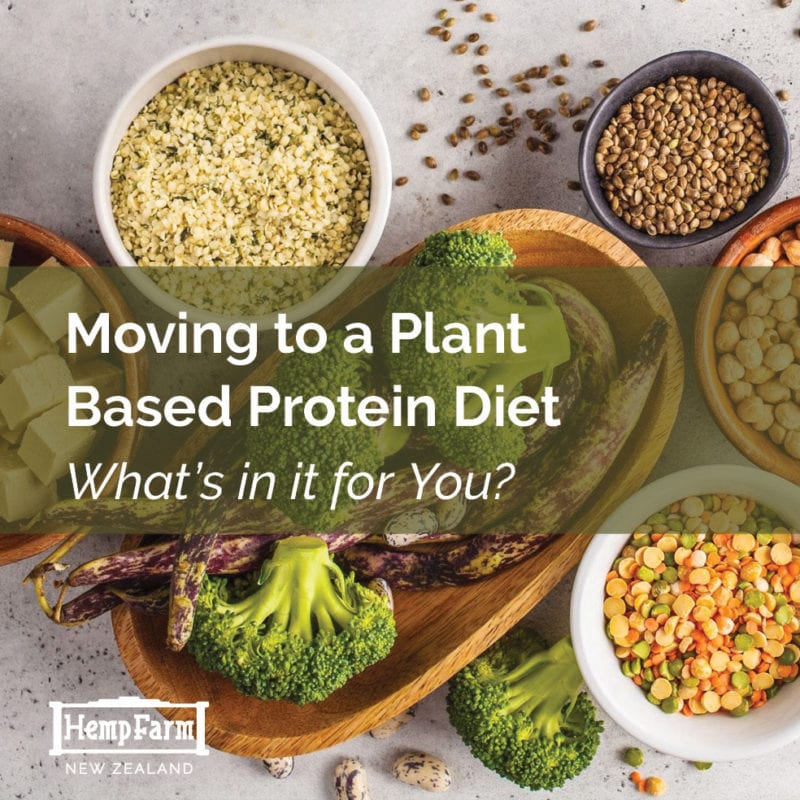Why are so many people shifting to plant protein?
Over the last five years, plant-based diets, lifestyles and by default, plant-based foods have gone nuts, (see what we did there?) Around one in three Kiwis are now reducing their meat consumption or eating no meat at all. A recent study has analysed Google Trends data and found that New Zealand now ranks in the top 5 for veganism worldwide. (The study looked at the frequency of vegan-related search terms across all languages to determine where in the world veganism is most popular.)
Kiwis cited ‘overall health’ as the number one reason they are choosing to reduce their meat intake, followed by, ‘reducing chances of heart disease and stroke’ and ‘limiting cancer risk’ showing that messages around the benefits of meat reduction from authorities such as the World Health Organisation and World Cancer Research Fund are making an impact. Eating meat in the quantities that we do is not only unhealthy, but also unsustainable.
Thinking of moving to a plant-based diet — So what’s in it for me?
Many people also report increased fitness payoffs, more energy, reduced inflammation, and better health outcomes after making the switch.
But I worry about getting enough protein…
A diet completely free of animal products does indeed require more planning to ensure that nutritional needs are met. For some, this is a benefit, as it requires they consider and understand the nutritional profile of the foods they eat. For others, it can prove challenging and lead to nutritional deficits.
A significant concern for people choosing a wholly plant-based diet plan is how to ensure they are getting enough protein. The Recommended Dietary Allowance (RDA) for protein is 0.8 grams of protein per kilogram of body weight. And do note… this is the minimum amount you need to stay healthy, not the specific amount you are supposed to eat every day.
So just to clarify for example, a 70kg woman requires a minimum of 56 grams of protein per day. Other studies recommend that, depending on your goals and activity levels, your protein requirements may actually be between 1—1.6 grams of protein per kilogram of bodweight, almost double the minimum RDA. If you require a high protein diet, you may have to get very strategic about planning your plant-based menu.
You will almost certainly need to include protein at every meal in order to reach the RDA for your body type. Take a look at the following list to see where your protein could come from
Where to source your plant protein
- Nut- and seed-based: hemp seeds, hemp protein powder, chia seeds, flax seeds, quinoa, almonds, cashews, Brazil nuts, pistachios
- Soy-based: tempeh, tofu, edamame, soy milk, TVP, soy protein isolate powder
- Bean- or legume-based: lentils, beans and rice, chickpeas, black beans, bean burgers, eggless eggs
- Pea protein-based: Pea protein, pea milk
- Grain-based: seitan, whole wheat flour, spelt, teff
- Veggie-based: potatoes, sweet potatoes, spinach, broccoli, asparagus, mushrooms
- Other: spirulina

There are a plethora of whole food, vegan, and plant-based recipes and meal plans on the web these days so you’ll never run short of ideas!



